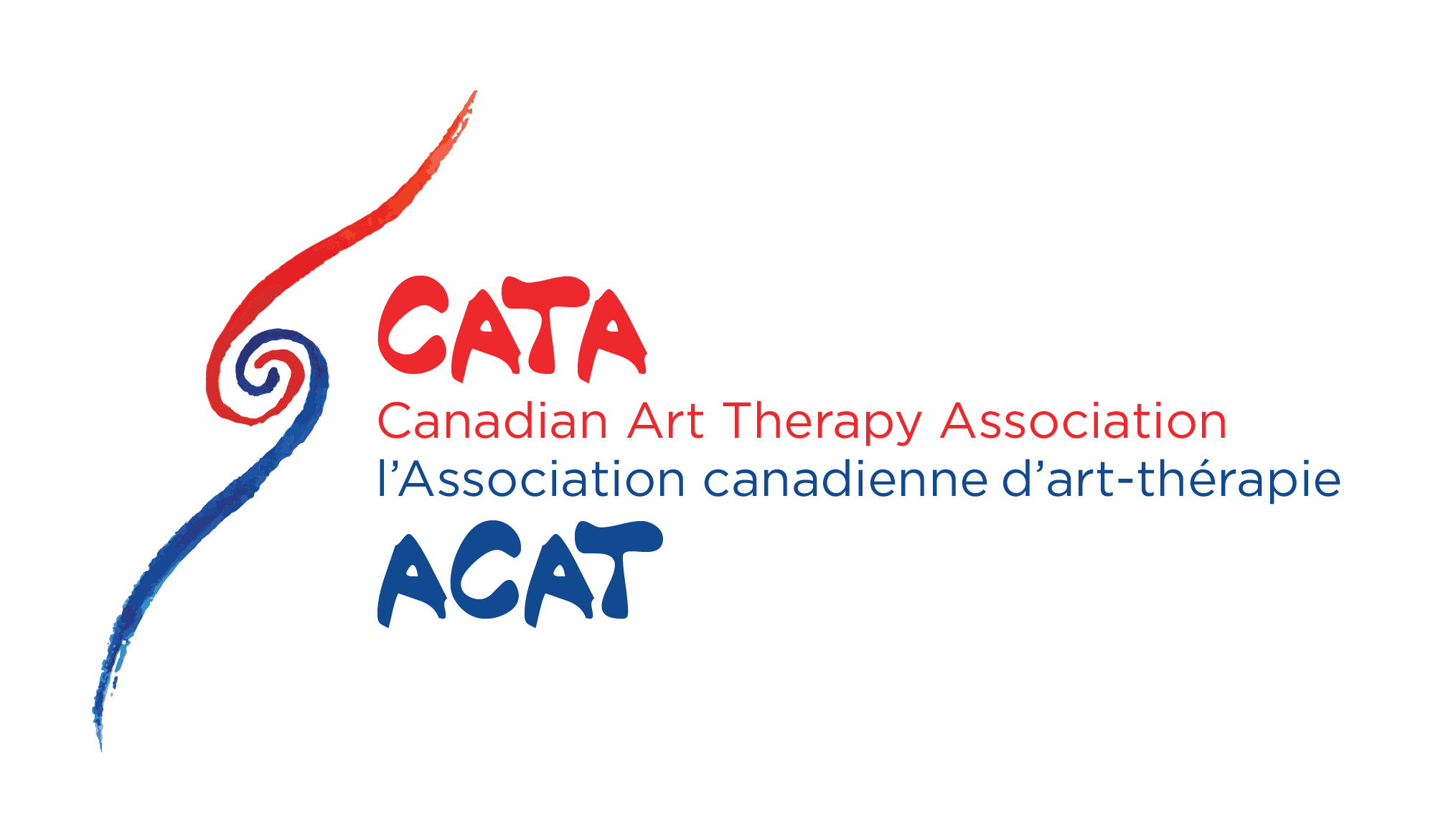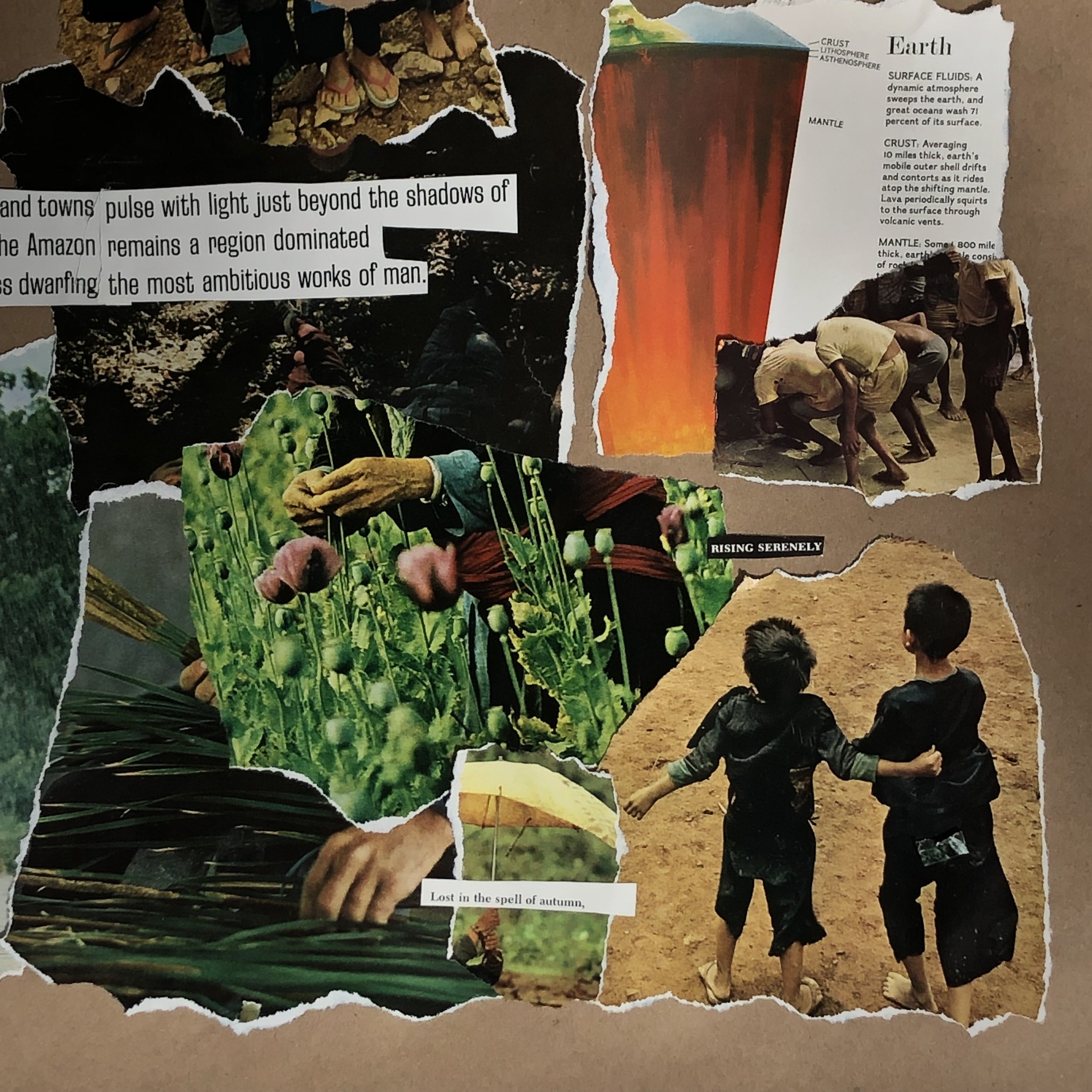Art Gallery
Where My Joyful Spirit Lay
My creations are about my inner life, my spiritual outlook, and trying to communicate ideas which are charged with emotional content. What comes natural to me are my fascination and awe with my dreams, my connection with the forces of nature, and my intimate link and curiosity with the ancient past and collective unconscious.
Afsaneh Shafai
Toronto, ON
Afsaneh Shafai graduated in Fine Arts from the University of Manitoba. She continued her studies in Art Therapy at the Toronto Art Therapy Institute, believing that “Art is Healing.” This sentiment was nurtured by her grandmother who always offered her a piece of dough to calm her down when she was unhappy. From the age of two she worked through her difficulties by working first with dough, then in later years, with clay, pastel, ink and more. Who knew then that these small pieces of dough would nurture her creativity! Shafai is an interdisciplinary artist, registered art therapist and psychotherapist, and a person of diaspora of Iranian-Canadian heritage. She is based in Tkaronto (Toronto), the ancestral territory of the Mississaugas of the Credit, the Anishnabeg, the Chippewa, the Haudenosaunee, and the Wendat peoples, and the home to many diverse First Nations, Inuit, and Métis peoples.
10 mins a day keeps the Anxiety at bay, 38” x 36”, acrylic paint on paper, 2022
10 mins a day keeps the Anxiety at bay
It’s 6am and the alarm clock rings!!! I lay in bed and contemplate: What if I stay under the covers forever? If I don’t move will anyone notice? What are the ramifications of not showing up? Will this morning anxiety keep me frozen or propel me into over productivity? These are the moments. These are the moments my body is communicating I need to re-evaluate my morning rituals.
I’ve always suffered from morning anxiety, but this was often overlooked. It appeared to others as high performance and was constantly praised for being motivated. I have attempted filling the morning anxiety with intricate breakfasts, workouts or preparing for work. Unfortunately, these only provide distraction and exhaustion. What has worked and continues to work is engaging in a daily ritual art-making practice.
It’s 6am and the alarm clock rings!!! I move from my bed and sit in front of my wall. I rub my eyes and stare at a large paper hanging before me. I look down and see my painting supplies at my fingerprints. Anxiety, is still in a deep slumber. I focus on color, line and shapes. I ignore my inner critic that quietly whispers, “What is this supposed to be? It’s unfinished! Don’t you dare leave?” I command my inner hero and remind myself of my intention: “Right now, just be in the purest form. Be human, put down color, line and shapes and just exist for ten minutes.”
Dillon Lewchuk (MA, BA, BEd, RCAT, CCC)
Victoria, BC
Dillon (he/him) is a queer, (dis)abled art therapist and counsellor currently living and working on the unceded traditional lands of the Lekwungen and W̱SÁNEĆ peoples of Vancouver Island.
Silent Chaos, oil pastels, 2022
Silent Chaos
Managing expectations of the organization and the clients’ family often leads to added pressure on the therapist. I recently started working with a very young client who is primarily non-verbal, diagnosed with high-functioning autism. When he does speak, it is incoherent expression. The following observations have been noted over the course of one month.
The client says “hi” and “bye” perfectly during each session. During the session however, he chooses not to connect with the therapist nor conventionally engage in art materials. He often attempts to eat materials and gets aggressive when he is stopped. The family who drops him off for sessions asks me each day, “he’ll get better, wont he?”
The image created represents my inner struggle with this client. Do I continue to let him use materials to self-soothe without establishing a therapeutic bond with me? At what point do I tell his family that they need to adjust their expectations and learn to communicate in his language? Using oil pastels, I explored the theme of confusion and inner chaos experienced after much deliberation over my clinical work. As an emerging art therapist in India, when a client does not wish to establish a therapeutic bond, it almost feels like I have failed somehow. Regular supervision guides me to try new directives, techniques, and media in the next session.
And then I show up next week, to try again.
Sarvatmika Rajeev (MA, AThR)
Chennai, India
Sarvatmika Rajeev is an art psychotherapist who is passionate about providing psychological and emotional support to individuals from disadvantaged backgrounds. She has completed her Masters in Art Therapy from LASALLE College of the Arts Singapore. Since graduating, she has committed to being part of a movement to raise awareness regarding mental health in India and globally. She advocates for the use of creative arts for therapeutic purposes for clients from diverse backgrounds. She is also an executive board member of The Art Therapy Association of India (TATAI). She currently works with organizations across India, Singapore, and Australia to deliver art therapy sessions to a wide demographic of populations. Her practice draws from a strong foundation of ethics, cross-cultural sensitivity, diversity awareness, risk assessment, and intervention. Sarvatmika has worked with clients struggling with addiction, depression, PTSD, and adverse childhood experiences. Her clinical experience includes working with children and adolescents with backgrounds of suspected abuse, long-term illnesses, and traumatic medical conditions. Her practice focuses on client-oriented art therapy and she aims to further her art therapy practice by drawing from her fundamental identity as an artist.
Man in pleasure: Nature touchpoints, magazine cut-outs on craft paper, 2022
Man in pleasure: Nature touchpoints
This past week, I had the delight of attending an intensive art therapy course as an elective. My professor, classmates and I co-created an art studio in the chapel of Martin Luther University College, wherein we gathered every day, from 9am to 5pm for an entire week, empowered to embrace expressive arts therapy in our practice.
At the start of the course, I gave myself permission to just “be” and give in to the notion of process over product. This collage materialized after an afternoon of foraging in nature, as per the directive of my professor. The items I collected did not make it into my art, but the experience of “seeing” nature without sight itself resonates throughout the collage. I found myself drawn to images and texts that convey the manifold ways in which man experiences the delights of this vast planet.
The chapel setting itself was a directive, as my unconscious mind led me to themes of spirituality, connection, stillness, and being. In the process itself, there was transcendence and ecstasy – you may call it a poetic endeavour to capture an afternoon of foraging, a week of intensive learning, two years of psychotherapy training, and a life-long spiritual existence.
Uneeba Mubashsher
Waterloo, ON
Uneeba Mubashsher (she/her) is in her final term at Wilfrid Laurier University, in the Masters of Spiritual Care and Psychotherapy program. She recently completed her 8-month practicum at a private practice. Alongside this, Uneeba worked as a Research Assistant at Martin Luther University College in a study that sought to understand how faith communities can adapt and grow in a post-pandemic Canada. Her praxis is rooted in intersectional, feminist and anti-oppressive frameworks, while utilizing trauma-informed, culturally sensitive, and spiritually integrative approaches in her practice. Additionally, Uneeba is passionate about tech and user research, in her desire to generate compassionate, accessible, and equitable experiences for all. In the past, Uneeba co-founded Remote Ramadan, a virtual initiative which enabled Muslims from across the world to stay socially and spiritually connected amidst the pandemic, as featured on CNN and RNS.


















